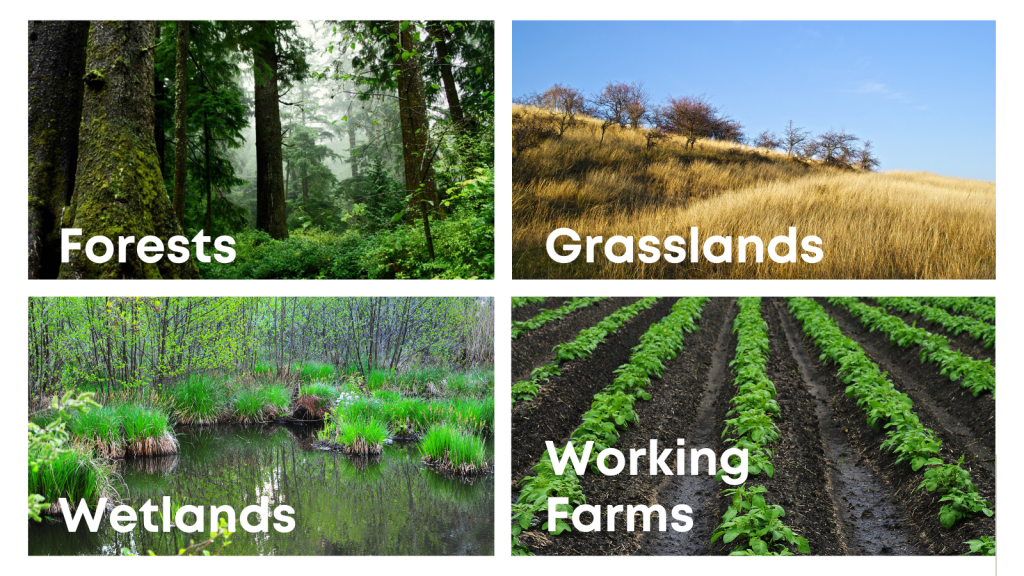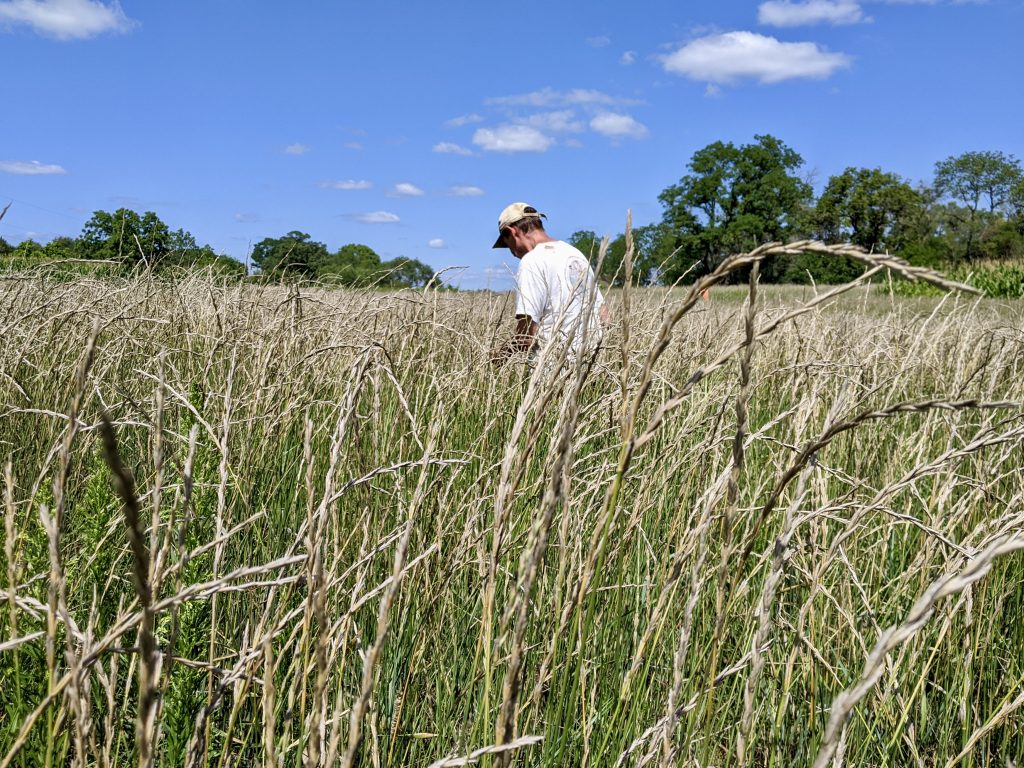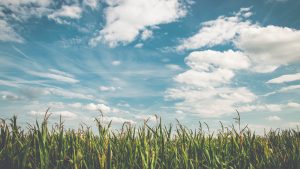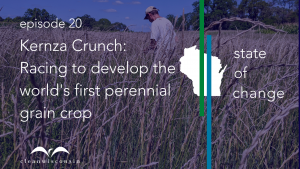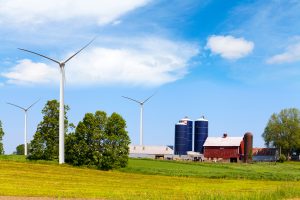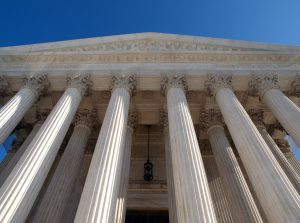From Hoops to Harvest: The Story of Beulah Family Homestead
Former Milwaukee Bucks and Wisconsin forward Marcus Landry, and his wife Efueko, who played at Marquette, take us on their journey to create Beulah Family Homestead in Elkhorn, Wisconsin. Discover how the couple is working to build stronger families and communities by bridging the gap between land and the city.

